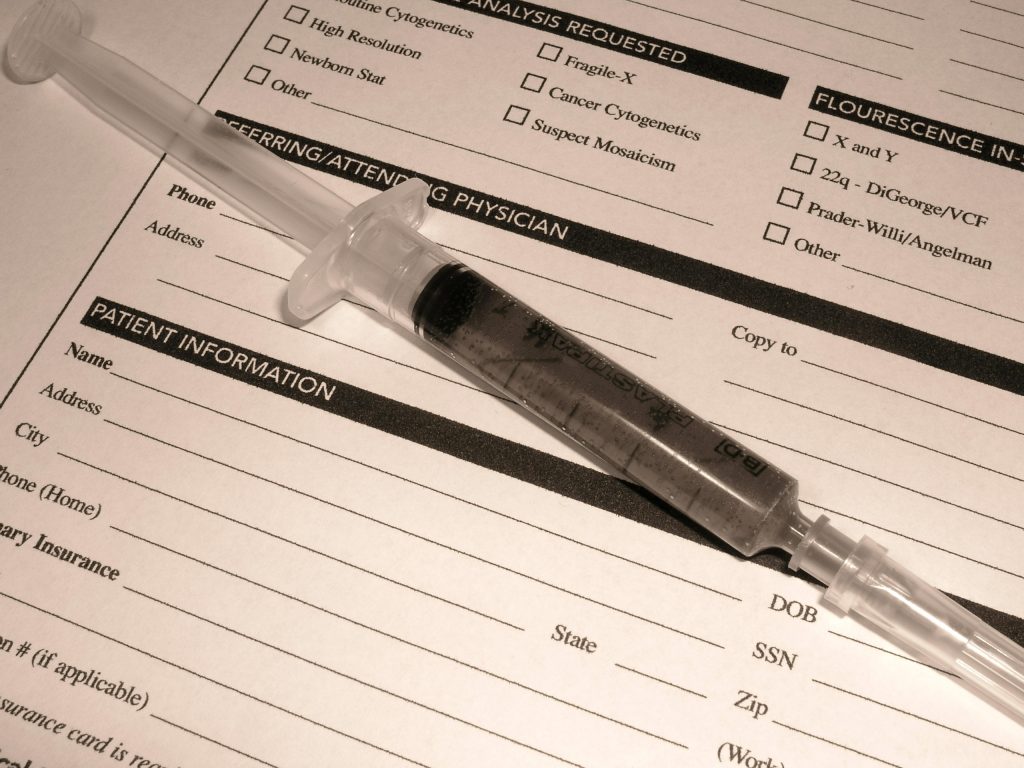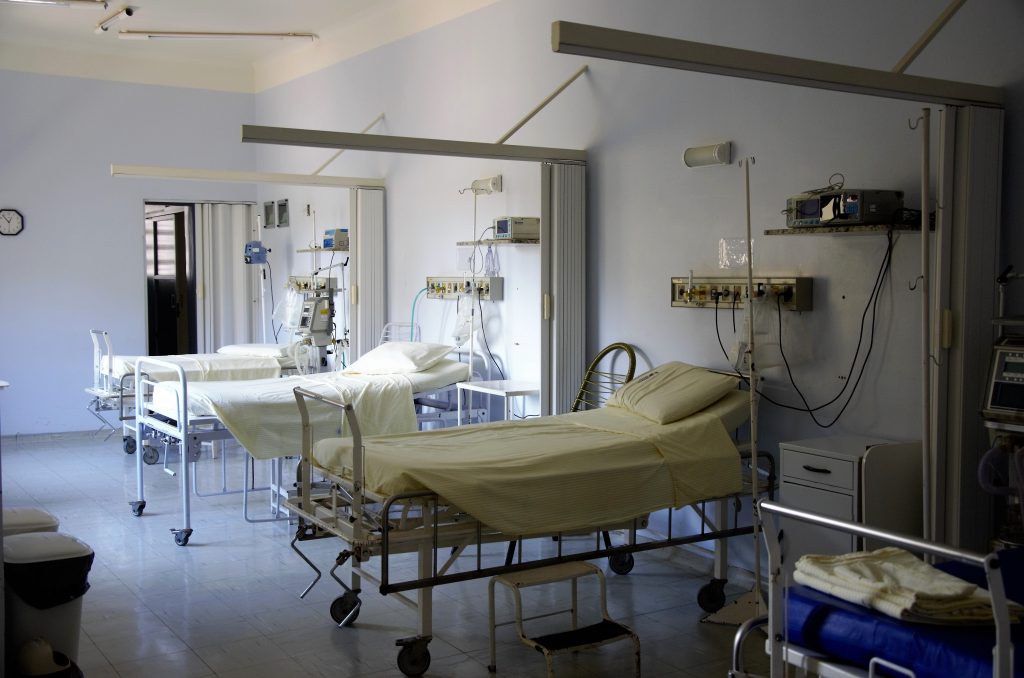 Hydraulic steering is part of modern-day recreational vessels. When a boat’s hydraulic steering fails, what party bears liability? The owner, driver, or manufacturer? In the following case, the Louisiana 3rd Circuit Court of Appeal was asked to determine liability and proper damages when a boat’s hydraulic steering system failed.
Hydraulic steering is part of modern-day recreational vessels. When a boat’s hydraulic steering fails, what party bears liability? The owner, driver, or manufacturer? In the following case, the Louisiana 3rd Circuit Court of Appeal was asked to determine liability and proper damages when a boat’s hydraulic steering system failed.
On May 7, 2005, a boat owned by Glen Vamvoras and operated by his son Daniel Vamvoras was traveling in Lake Charles when its steering failed. As a result, the boat spun wildly, throwing its passenger overboard. The passenger, Derek Hebert, was then struck by the boat’s propeller and tragically died.
The Louisiana Department of Wildlife & Fisheries (“Wildlife & Fisheries”) investigated the accident. It determined that the pre-owned boat purchased by defendant Glen Vamvoras lost its steering due to a hydraulic fluid leak on the boat’s steering system’s hydraulic lines at the hose/nut of the coupling assembly. Teleflex was the manufacturer and supplier of the boat’s hydraulic steering system, but the original Teleflex hoses of this vessel had been replaced by persons unknown with a non-Teleflex hydraulic hose.
 Louisiana Personal Injury Lawyer Blog
Louisiana Personal Injury Lawyer Blog


 Despite stringent rules and regulations designed to keep unlicensed drivers off the road, minors often find their way behind the wheel. Police in Gonzales, Louisiana, were forced to reckon with the seriousness of such a driver when a high-speed police chase on Interstate 10 turned deadly in May of 2004. The outcome of this chase became the subject of a lawsuit left unsettled until 2017—a case which pondered: to what standard should police be held when engaged in an active car chase?
Despite stringent rules and regulations designed to keep unlicensed drivers off the road, minors often find their way behind the wheel. Police in Gonzales, Louisiana, were forced to reckon with the seriousness of such a driver when a high-speed police chase on Interstate 10 turned deadly in May of 2004. The outcome of this chase became the subject of a lawsuit left unsettled until 2017—a case which pondered: to what standard should police be held when engaged in an active car chase? Everyone has experienced or knows about a situation in which a governmental body was liable for damages or injuries caused. When suing a city in Louisiana, there must be some evidentiary support for the elements required under
Everyone has experienced or knows about a situation in which a governmental body was liable for damages or injuries caused. When suing a city in Louisiana, there must be some evidentiary support for the elements required under  The biggest obstacle to any plaintiff in a medical malpractice case is prescription, but what is that? In the state of Louisiana, prescription is a peremptory exception that can be claimed by defendants. Prescription can be thought of as a privilege for medical professionals which exempts them from malpractice cases so long as they are working within the scope of their employment. It is typically difficult to overcome a prescription exception unless a plaintiff has solid proof of negligence. The following case is no exception.
The biggest obstacle to any plaintiff in a medical malpractice case is prescription, but what is that? In the state of Louisiana, prescription is a peremptory exception that can be claimed by defendants. Prescription can be thought of as a privilege for medical professionals which exempts them from malpractice cases so long as they are working within the scope of their employment. It is typically difficult to overcome a prescription exception unless a plaintiff has solid proof of negligence. The following case is no exception.  Often workers’ compensation claims focus on the nature of the injury that one argues makes them eligible to receive workers’ compensation benefits. However, in situations where there is more ambiguity surrounding one’s employment status, there can be an additional difficulty in determining if one’s employment classification makes one eligible to receive workers’ compensation benefits.
Often workers’ compensation claims focus on the nature of the injury that one argues makes them eligible to receive workers’ compensation benefits. However, in situations where there is more ambiguity surrounding one’s employment status, there can be an additional difficulty in determining if one’s employment classification makes one eligible to receive workers’ compensation benefits. When a loved one dies or suffers severe injuries from negligent medical care, the first thing a family wants is justice for that mistreatment. When a mother knows her son’s medical history is not conducive to a certain treatment, she may believe that malpractice is apparent. These lawsuits have a number of procedures meant to protect the profession, however. A lawsuit can be dismissed by summary judgment when there is no genuine issue as to a material fact.
When a loved one dies or suffers severe injuries from negligent medical care, the first thing a family wants is justice for that mistreatment. When a mother knows her son’s medical history is not conducive to a certain treatment, she may believe that malpractice is apparent. These lawsuits have a number of procedures meant to protect the profession, however. A lawsuit can be dismissed by summary judgment when there is no genuine issue as to a material fact.  Trial courts can make mistakes. Some mistakes are permanent, so a redo is impossible. In other cases, the mistakes can be reversed on appeal by an appellate court. When an appellate court reverses a trial court’s decision, the trial court could have to revisit the entire case and put things in correct legal standing between the parties.
Trial courts can make mistakes. Some mistakes are permanent, so a redo is impossible. In other cases, the mistakes can be reversed on appeal by an appellate court. When an appellate court reverses a trial court’s decision, the trial court could have to revisit the entire case and put things in correct legal standing between the parties. Around 9am on Saturday, October 12 the Hard Rock Hotel partially collapsed over Canal Street in New Orleans after the top six to eight floors buckled onto the structure. According to New Orleans Fire Department Superintendent Tim McConnel, the remaining structure of the building remains unstable and could possibly collapse entirely. In response, nearby buildings have been evacuated as the two construction cranes are also unstable. Currently, one person has been reported dead, eighteen have been taking to the hospital in unspecified conditions, and two workers are still reported missing. In terms of the next steps to be taken, it is unknown just how long it will take crews to clean up the piles of debris and get the project back on schedule. This is particularly stressful for the city of New Orleans considering the site of the collapse is a major transportation hub for the city – consisting of bus and streetcar lines in addition to the major traffic arteries of the city. An accident such as the Hard Rock Hotel accident will impact much more upon closer inspection spanning to issues such a personal injury, workers compensation, wrongful death, and much more. Considering the complex litigation that can arise out of an incident such as this one it is important to have a good attorney at the ready.
Around 9am on Saturday, October 12 the Hard Rock Hotel partially collapsed over Canal Street in New Orleans after the top six to eight floors buckled onto the structure. According to New Orleans Fire Department Superintendent Tim McConnel, the remaining structure of the building remains unstable and could possibly collapse entirely. In response, nearby buildings have been evacuated as the two construction cranes are also unstable. Currently, one person has been reported dead, eighteen have been taking to the hospital in unspecified conditions, and two workers are still reported missing. In terms of the next steps to be taken, it is unknown just how long it will take crews to clean up the piles of debris and get the project back on schedule. This is particularly stressful for the city of New Orleans considering the site of the collapse is a major transportation hub for the city – consisting of bus and streetcar lines in addition to the major traffic arteries of the city. An accident such as the Hard Rock Hotel accident will impact much more upon closer inspection spanning to issues such a personal injury, workers compensation, wrongful death, and much more. Considering the complex litigation that can arise out of an incident such as this one it is important to have a good attorney at the ready. After a long and emotional lawsuit following the death of a loved one, the last thing you may want to do is to return to the courtroom. However, if you fail to appeal an award of inadequate damages, you could be leaving money on the table.
After a long and emotional lawsuit following the death of a loved one, the last thing you may want to do is to return to the courtroom. However, if you fail to appeal an award of inadequate damages, you could be leaving money on the table.  When you go to the hospital, you expect to be taken care of by a qualified physician who properly diagnoses you. If that doesn’t happen, tragedy can strike. And if tragedy strikes, you want the responsible partie(s) to be held responsible by being liable for damages. But does the Louisiana Medical Malpractice Act (MMA) limit liability in these cases?
When you go to the hospital, you expect to be taken care of by a qualified physician who properly diagnoses you. If that doesn’t happen, tragedy can strike. And if tragedy strikes, you want the responsible partie(s) to be held responsible by being liable for damages. But does the Louisiana Medical Malpractice Act (MMA) limit liability in these cases?